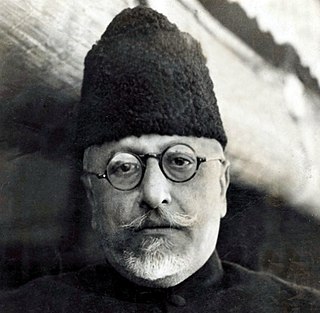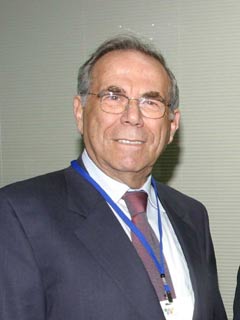A Quote by Jose Gonzalez
If you're not critical about your history, that can be a problem because there are religious leaders, politicians and all kinds of powerful people who can take advantage of a population that isn't really thinking.
Related Quotes
Solving the population problem is not going to solve the problems of racism, of sexism, of religious intolerance, of war, of gross economic inequality. But if you don't solve the population problem, you're not going to solve any of those problems. Whatever problem you're interested in, you're not going to solve it unless you also solve the population problem. Whatever your cause, it's a lost cause without population control.
We brought the religious leaders and the secular development workers together in one room. We asked the religious leaders what are your reservations about development workers? And we asked the development workers, what are your reservations about religious leaders? It turns out that most of the problems are not really problems at all, but rather misunderstandings, misconceptions, and mis-communications.
Religion that is imposed upon its recipients turns out to engender either indifference or resentment. Most American religious leaders have recognized that persuasion is far more powerful than coercion when it comes to promoting one's religious views. . . . Not surprisingly, then, large numbers of religious leaders have supported the Supreme Court in its prayer decisions.
People remember my last name because it's different, and people remember me in meetings because I dress differently from other people just because I'm a woman. Those kinds of things give you an opportunity and a spotlight, so use that to your advantage. Use it as a platform to demonstrate your knowledge and your capabilities.
Since men do not really respect anything unless it was established long ago and has developed slowly over time, those who want tokeep on living after their death must take worry not only about their future generations but even more about their past: that is why tyrants of all kinds (including tyrannical artists and politicians) like to do violence to history, so that it will appear as a preparation and stepladder to themselves.
In some of the classes, especially the introductory religion courses I took, the professors can veer into a particular strain of religious anti-intellectualism. Professors typically aren't given tenure at Liberty, so there's pressure to hew to the party line on religious and social issues. I didn't see a whole lot of my professors encouraging critical thinking among their students. Which isn't to say that students don't engage critical thinking skills at Liberty - just that it wasn't part of my classroom experience there.
I don't size up their grades or their board scores. Because in America today, that's just an advantage certain people have. I size up the give and take, the speed of thinking, what I perceive as ambition. I say, 'Tell me about your high school jobs.' And I love people who worked in coffee shops who were waiters and waitresses.




































